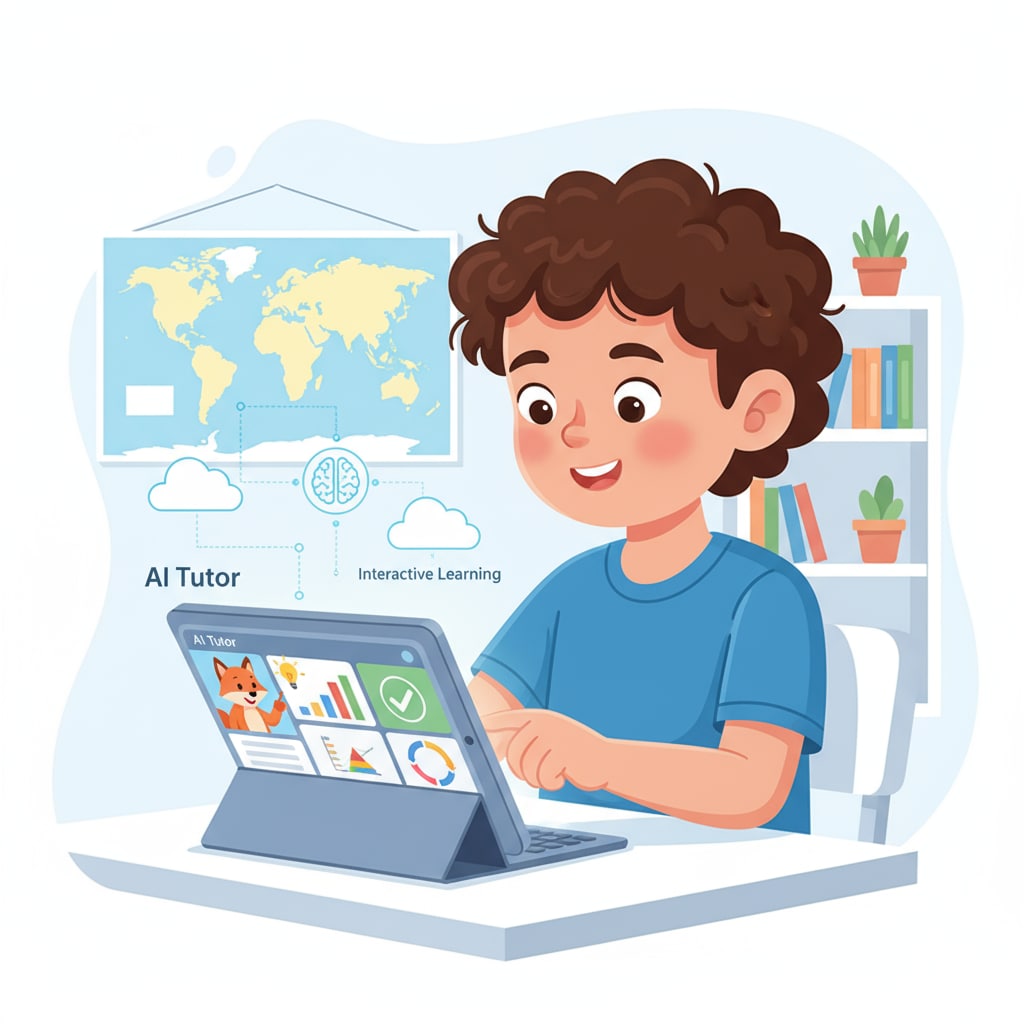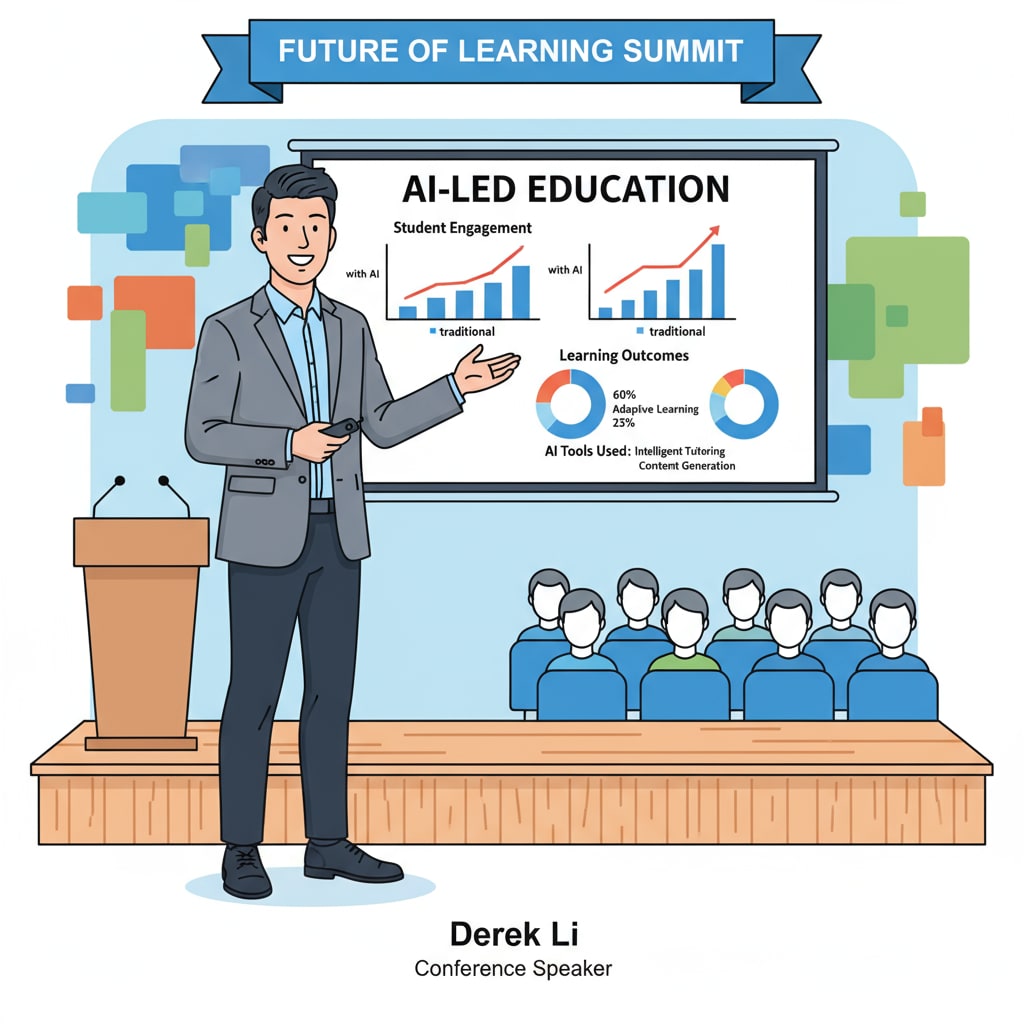Artificial intelligence in education, Derek Li, and machine learning are at the forefront of a revolutionary shift in the educational landscape. Derek Li, an AI education pioneer, has made a bold move by withdrawing his children from traditional schools and enrolling them in an education model led by artificial intelligence. This audacious step has set the stage for a series of profound discussions about the future of education.

The Rise of AI – Driven Education
AI – driven education is no longer a distant dream. With the advancements in machine learning algorithms, educational institutions are starting to incorporate AI into their curricula. Machine learning enables systems to learn from data and improve their performance over time. For example, intelligent tutoring systems can analyze a student’s learning patterns, strengths, and weaknesses, and then provide personalized learning materials. According to Artificial intelligence in education on Wikipedia, these systems are designed to adapt to individual students, much like a private tutor would. In addition, AI can automate administrative tasks in schools, such as grading assignments and scheduling classes, allowing teachers to focus more on instruction.
Derek Li’s Vision
Derek Li’s vision goes beyond just integrating AI into existing educational frameworks. He believes that machine – led learning can replace traditional teachers in many aspects. By removing his children from traditional schools, he aims to demonstrate the potential of an education system where artificial intelligence takes the lead. Li argues that AI can provide more consistent, unbiased, and personalized learning experiences. As per Artificial Intelligence in Education on TeachThought, he hopes to popularize this model across the United States, challenging the long – held notions of what education should be. However, this vision also raises numerous questions about the role of human teachers, the social aspects of learning, and the potential limitations of AI.

The implications of Derek Li’s plan are far – reaching. If machine – led learning becomes widespread, the role of traditional teachers will need to be redefined. Teachers may shift from being the primary disseminators of knowledge to facilitators of learning. They can help students navigate the vast amount of information provided by AI, teach critical thinking skills, and foster social and emotional development. In addition, concerns about the digital divide and access to AI – enabled educational resources need to be addressed. Ensuring that all students, regardless of their socioeconomic background, can benefit from this new form of education is crucial.
Readability guidance: This article uses short paragraphs to convey ideas clearly. The sections on the rise of AI – driven education and Derek Li’s vision provide key insights. Transition words like ‘however’ and ‘in addition’ are used to connect ideas. The lists and external links help to support the arguments and offer further reading opportunities.


